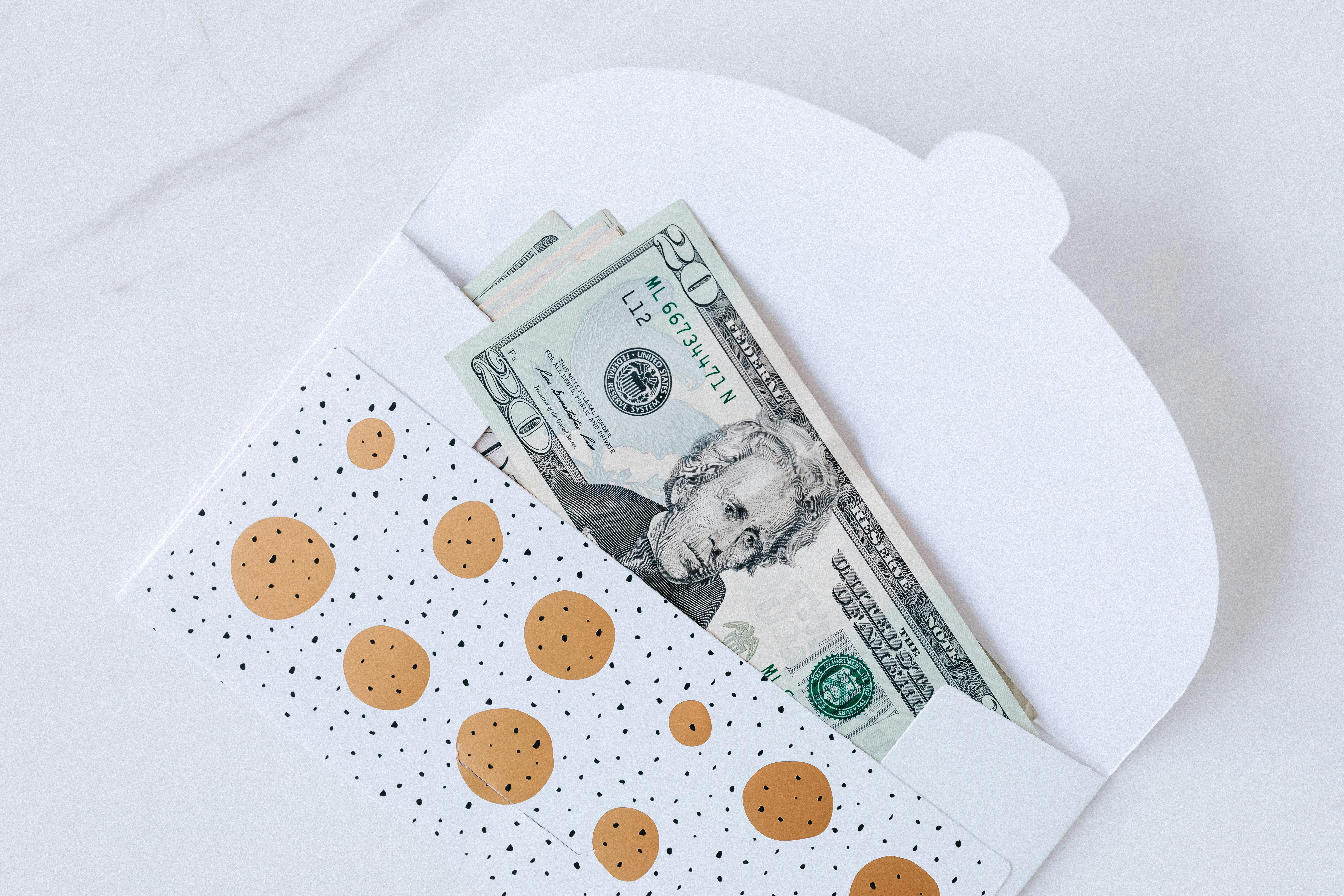Why Use Bonuses to Attract Customer Loyalty?

Bonuses are a great way to enhance brand loyalty. However, they must be deployed effectively. We discuss this in the article below.
How do you keep new customers coming back? Is your tactic to bombard them with emails, offer large discounts or try to reinvent new products? These tactics provide a diminishing return, though there is actually a way you can build brand loyalty without this. That is through the use of a bonus, and adding this form of value can bring serious long-term advantages.
The Value of Bonuses for Customers
Bonuses can bring a lot of value to your customers and your business, in both the short and the long term. They are one of the most effective ways to build brand loyalty. Today, around 69% of customers are loyal to brands and companies. If you give something extra to them, they are more likely to return. In a competitive marketplace, this is just as important as attracting new customers. Of course, they can also attract new customers, who may be enticed by the offers.
They are also a great way to collect leads and marketing materials. For example, they may only be available to people who consent to SMS messaging or give their email. This can help you build a great database of customers without having to hire a marketing firm to do it for you.
Finally, you can also use them as a customer service incentive. For example, you may offer a bonus with the next purchase or upgrades for certain customers, particularly if they have been unhappy with a certain aspect. However, this tactic needs to be used extremely carefully.
Discounts vs Bonuses
It helps to make a distinction between a bonus and a discount. Both are applied very differently and reward the customer in different ways. Thus, they can have varied outcomes.
A discount is money off a product or service. This is a great way for companies to clear out inventories and old stock. However, it means that the customer is already committed to buying a product to receive the bonus. Thus, it will do very little to attract new customers or those who were not going to buy the service anyway.
A bonus is the provision of something in addition to the standard service. For example, it may involve buying a product and getting additional items with it, or a heightened service level for a short period. Thus, it tends to create more long-term loyalty. It is also great for attracting those to a product who may have been eyeing up competitors.
One perfect example of this has been in the casino industry. They have worked hard to make bonuses a part of the sector, driving it to its current value of $308.52 billion. Bonuses.com is one place where you can find a comprehensive list of casino bonuses. By signing up, people looking to get the best offers from online casinos can have them mailed to their inbox. This may involve free spins offers from existing casinos or matched deposits from new operators hoping to make their mark.
As previously mentioned, this also provides value in marketing. Not only can the site update people on bonuses, but they also has a wealth of information on their customers. This can help improve their product.
Creating an Effective Bonus Scheme
To create an effective bonus scheme, the first rule is to check that it brings value. A bonus must be something they want, something that is useful or makes their life better. People buy a product to solve a problem, be that cleaning dishes or making a computer faster. If you can provide anything that improves or helps with that, the bonus is of value.
It is also essential to check that this value is not taken away from your company. If the bonus costs you money to provide, then ensure the return outweighs this. It can be hard to quantify in the short term. Thus, the best bonuses are something that will not cost you much, or anything at all. For example, giving the next tier of a software plan, which is already in place, costs nothing. Yet the chances are that if the product is good, people will choose to stay. It costs nothing and has added value.
Secondly, make sure you understand your customers. Not all of them are created equal, and thus not all should qualify for a bonus. The best bonuses should be saved for the most loyal of customers. They will undoubtedly pass on he good news to others. It is estimated that around 20-50% of all purchasing decisions are based on word of mouth.
When you treat all customers the same, you lose this brand loyalty. New customers expect it all the time and will go elsewhere if not. Long-term customers will not feel valued and will soon do the same.
Start small with your bonus schemes. You may choose to target only a few select customers. Once you have it down, you can begin to expand. Pretty soon, you will have a great bonus scheme providing long-term value to you and your customers.